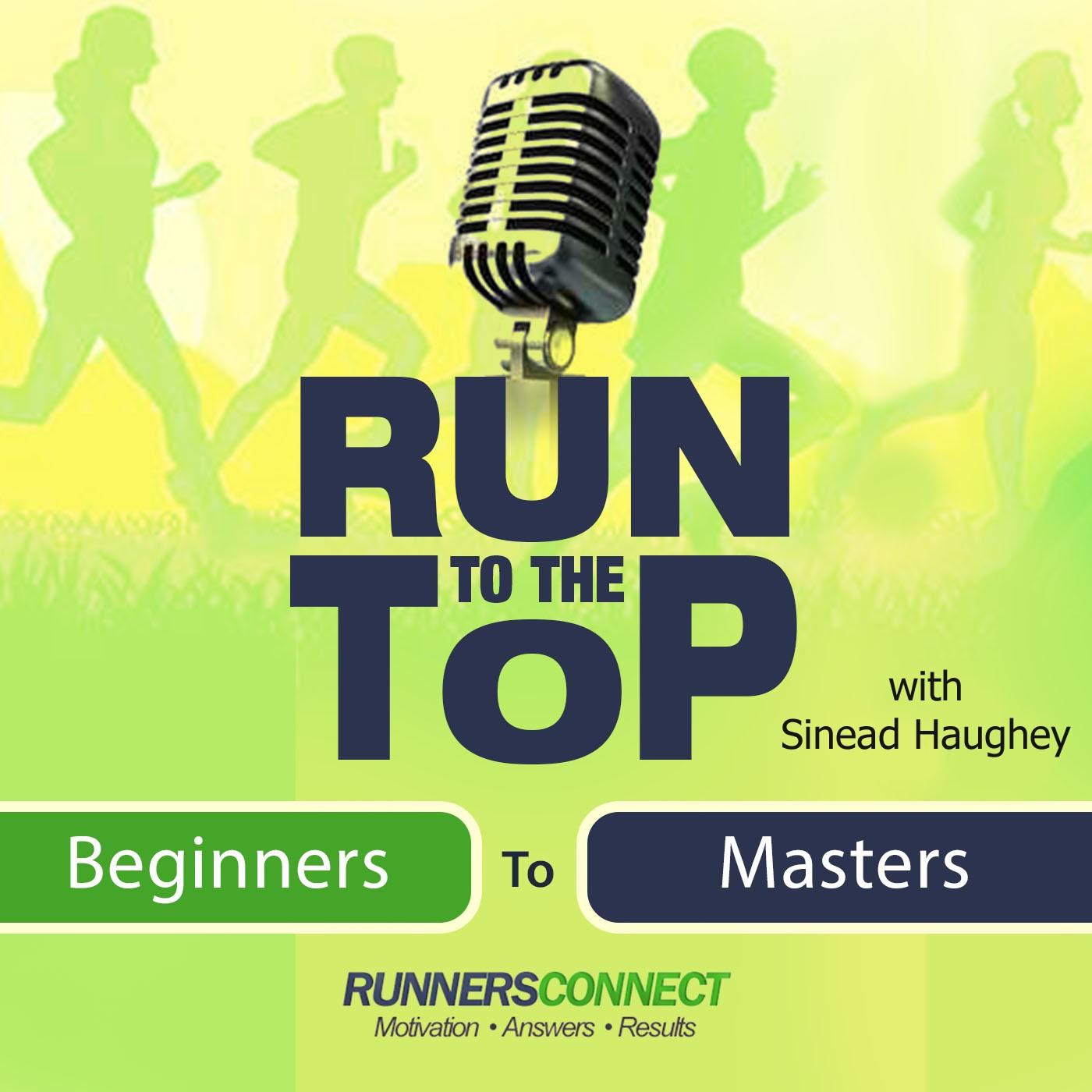
The Superfood of Champions: How Beets Can Improve Performance in Just Days - Dr. Andrew Jones

Run to the Top Podcast | The Ultimate Guide to Running
Shownotes Transcript
Beet juice has become all the rage in the running world over the last few years, and for that we can thank Dr. Andrew Jones (aka @AndyBeetroot on Twitter).
With the help of his team at the University of Exeter, Andrew discovered beetroot’s natural performance enhancing benefits back in 2014 and continues exploring new ways for runners to fully capitalize on them. These benefits include a reduction in the cost of oxygen during exercise (and therefore perceived effort) as well as a boost in cognitive function, which, let’s face it, we could all use when the going gets tough at the end of a race.
And Andrew’s scientific pursuits don’t stop there. While he’s known more recently for his work with beetroot, Andrew is also the associate dean of Research and Knowledge Transfer, a professor of applied physiology, the Head of Sport and Health Sciences, and the leader of the Bioenergetics and Human Performance Research Group at the University of Exeter.
When he’s not studying beetroot’s ergogenic effects, he’s one of sport’s leading physiologists. Specializing in VO2 kinetics, he works with a variety of elite athletes and was the longtime physiologist to both Jo Pavey, who just 3 years ago became the oldest European female 10K champion at the age of 40, as well as Paula Radcliffe, who holds the world record in the marathon.
Let’s just say Andrew knows his stuff, and between all his groundbreaking research and expertise there’s a good chance you’ll have a hankering for some beets by the end of this interview.
Here are some of the topics we’ll discuss today:
Andrew’s work as a leading physiologist The importance of VO2 max to performance The research on beetroot to date and what’s next Beetroot’s performance benefits How to integrate beetroot in your diet for the best results
Questions Andrew is asked: 3:31 Andrew’s background
5:53 Working with endurance athletes in your role as a physiologist
8:10 How important do you think VO2 Max is to athletic performance?
9:18 What studies are you currently working on?
10:53 How did you originally become interested in beetroot?
14:54 In your study, how long did it take for subjects to start seeing results from beetroot?
16:26 Would endurance athletes get the same benefits from beetroot as shorter, high-intensity athletes?
19:44 How much of your research has focused on the benefits of beetroot for recreational athletes vs. elite athletes?
22:03 When you studied lesser experienced runners, did you see any changes in their VO2 Max numbers?
24:37 Would this also speed up recovery rates?
26:42 Are there any other food sources that contain a high concentration of nitrate?
28:50 Are micro nutrients more easily absorbed via liquid form?
29:33 How do our bodies process nitrate?
32:41 Is there an effective beet product that is mobile-friendly?
36:17 How can people integrate beetroot into their diets and training programs for best results?
38:11 Why would you recommend 3-4 weeks on followed by a break from taking it?
38:54 Would consuming beetroot midway through a long run provide any benefits?
41:54 Are there any GI issues or side effects to be aware of?
43:40 How much headroom do you think there is for beetroot research as an ergogenic aid?
49:42 The Final Kick Round Quotes by GUEST: “One of my specialities is VO2 kinetics: so when the gun fires at the beginning of a race, how quickly we can switch on our aerobic energy system to meet the energy demand by utilizing the oxygen that we breath in.”
“I’m very interested in the impact of the work that we do in the lab on actually changing practicing athletes and helping them improve their performance….So my PHD was really all about what’s the best approach we can use in the lab to measure the things in runners we know are important to their success and then relating that to the training that they do.”
“If you can understand the basis of fatigue, then that can help you understand performance more generally, and obviously that has applications in the elderly, the general public, and people with various diseases as well.”
“A chance encounter with a paper that surprised me in a journal led me to investigate the same topic further, and we’ve continued in that vein for probably the last eight years or so because the results were so - you know, it was one of those “eureka moments” that you get so rarely in science.”
“It looks as if in the condition where the participants took the nitrate top up halfway through, they were able to slightly spare the muscle glycogen concentration, which over the course of a marathon would be a beneficial thing to happen.”
Take a Listen on Your Next Run
Leave a space for libsyn link
Want more awesome interviews and advice? Subscribe to our iTunes channel)
Click to tweet- leave space Mentioned in this podcast: Andrew Jones’ beetroot study
Beet It (supplement product)
Break 2 Project
Book: This Mum Runs by Jo Pavey
Book: 2 Hours by Ed Caesar
We really hope you’ve enjoyed this episode of Run to the Top.
The best way you can show your support of the show is to share this podcast with your family and friends and share it on your Facebook, Twitter, or any other social media channel you use.
If more people who know about the podcast and download the episodes, it means I can reach out to and get through to the top running influencers, to bring them on and share their advice, which hopefully makes the show even more enjoyable for you!
--
Thank you to our sponsors for supporting Run to the Top
Enter to win a FREE 6-Pack of Perfect Amino from BodyHealth)